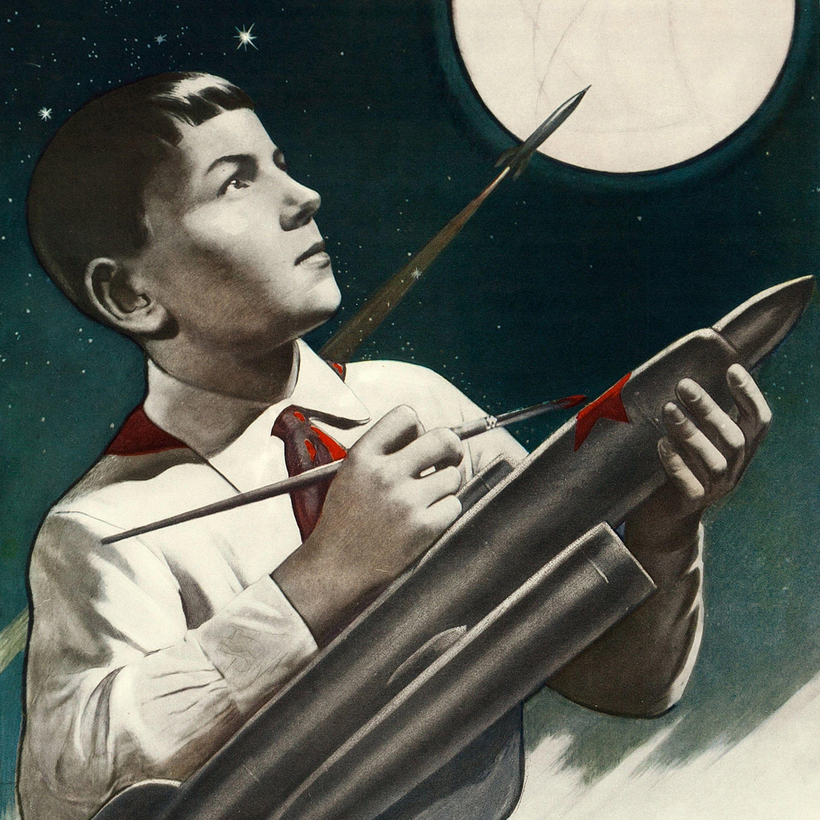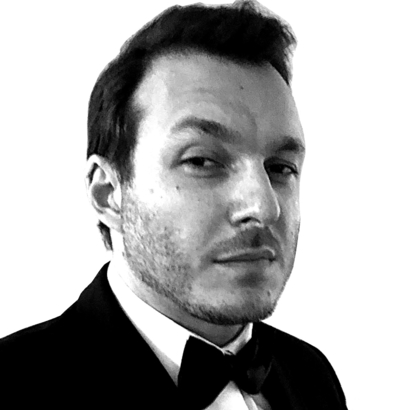While the high and mighty in the United States are conniving to cut in line and receive the coronavirus vaccine, in Moscow getting a shot is a matter of three button clicks on a Web site.
Until the government instructed federal employees to get the vaccine a few weeks ago (voluntarily, of course), it was as easy a matter as walking into a clinic. In fact, there were so few people willing to get the free shot that, in one Moscow clinic, frontline workers administering it had to destroy a five-dose vial of the vaccine since, once defrosted, it had to be used within a couple of hours. For a country suffering from a deadly wave of the virus, this was shocking. For a country with a 250-year history of vaccinations, it was absurd.
Sputnik-V—the coronavirus vaccine from the Gamaleya Research Institute—was never going to fly anywhere near the West. However, according to a recent poll by the independent Levada Center, 58 percent of Russians also don’t want the shot—preferring, as an acquaintance of mine put it, to “wait and see if those who got the vaccine grew a tail.”
Putin tried to sound as humane as possible in his yearly address to the nation that plays on all channels at exactly 11:55 p.m. on December 31. He was one of the first and very few Russian politicians to acknowledge the many loved ones lost to the disease, though he didn’t mention how many. (The official count, which some experts dispute as too low, has now risen to more than 59,000.) He sandwiched the mention of deaths in between his praise of traditional Russian values and our heroic ancestors who fought in World War II.
Preferring, as an acquaintance of mine put it, to “wait and see if those who got the vaccine grew a tail.”
Much like seeing an 80s sitcom with a now disgraced comedian who used to be America’s dad, you couldn’t help but look at the defender of all Russians and think that he probably ordered the poisoning of this country’s most prominent opposition leader—Alexei Navalny. Those following Russian news have probably heard the allegations by now: an eight-man team of state-authorized killers with knowledge of chemical weapons applied a nerve agent to the inner seams of Navalny’s underwear and almost killed him. He went to Germany for treatment and recovered.

So it’s only logical that if Russia can create a virtually untraceable deadly nerve agent that can (almost) kill a dictator’s opponent, then we should be able to come up with a coronavirus vaccine. So shouldn’t we trust it to be effective?
Decades’ worth of fake news, fake political parties, and fake candidates’ elections made those of us in Russia cynical and immune to most forms of Kremlin-speak.
Frontline workers administering the shot had to destroy a five-dose vial of the vaccine.
When they’re telling us that the vaccine is safe, we react the same way we do when we’re told that our lives are going to get better—with a skeptical sigh. But how skeptical can one be in a pandemic?
Most likely, this problem has nothing to do with the science behind the vaccine. It was never about bodies and antibodies—it was about Russia. The vax’s safety and efficacy took a back seat to being the first in the race. We were spared the scientific mumbo jumbo behind the vaccine, and the vaccine itself was approved before the phase-three trials that were supposed to tell us whether it’s actually safe. It was a “glorious nation of heroes rising to conquer a civilizational threat” kind of moment, not a “Here’s the research behind the vaccine” moment.
And the vaccine itself was approved before the phase-three trials that were supposed to tell us whether it’s actually safe.
For some, the vaccine was never a political issue, and for a chosen few it has allegedly been available since April. But for many, the nationalist fervor behind Sputnik-V was a little too much.
Then came inducements. When the pandemic hit, the Moscow government suspended free metro cards for students and the elderly. On January 4, it sent out a text announcing that the suspension would be lifted—but only for cardholders with proof of a second vaccine shot.
Much like Soviet citizens milking cows on the outskirts of 1961 Moscow and hearing about Yury Gagarin’s space flight, we had no part in the great success of our country. Except that, this time, we’re are all Yury Gagarin—test pilots flying into the unknown.
Putin made the vaccine so much more about himself than about human life that getting a shot instantly became a “Yes” check mark in a referendum with a simple question: “Do you trust this man with your life?” And while half the population believes the official and rather absurd Kremlin narratives of Navalny’s poisoning having been staged or carried out at the direction of the C.I.A., when they look at a syringe filled with Putin’s vaccine, they say nyet.
Andrew Ryvkin is a Moscow-based Russian-American journalist and screenwriter


